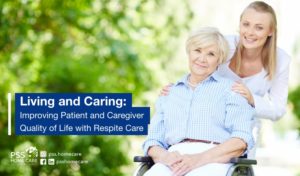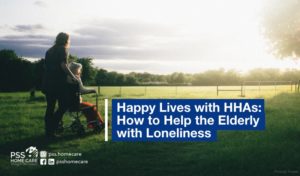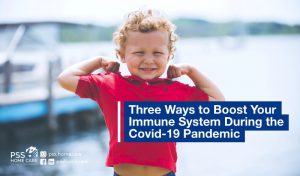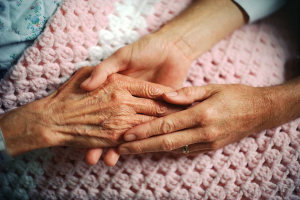Living and Caring: Improving Patient and Caregiver Quality of Life...
Read MoreThe Importance of Preventing Outbreaks of Measles in Elderly
To say that “there has been a spike in measles outbreaks in the United States” is now proving to be a bitter understatement. According to the CDC, there have been 1,123 individual measles cases across the U.S. This number is record-breaking — it is the most number of measles cases since 1992. As of July 18 this year, there has been a whopping 209% increase in the number of measles cases in the country compared to the number of cases in the whole of 2018 (there have been 1,148 reported cases as of said date).
Measles is a highly contagious airborne disease. In fact, up to 9 out of 10 susceptible individuals can develop measles when exposed to an infected person. It can spread by coughing, sneezing, or close contact with an infected host. Measles usually takes 7-14 days after contact before symptoms such as rashes, high fever, and runny nose, start appearing.
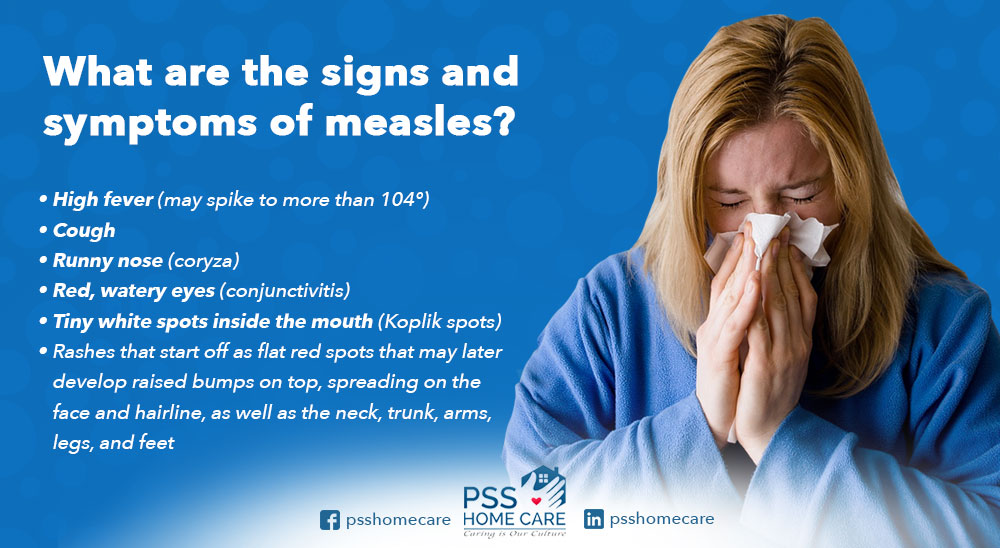
Between September 2018 and July 15, 2019, there have been 623 measles cases in NYC alone. This heightened number of measles cases prodded New York City to declare a health emergency in April, involving mandatory measles vaccinations covering four Brooklyn zip codes.
For a disease that has been declared eliminated in the entire U.S. in 2000, measles cases seem to be slowly rising — putting children, the immunocompromised, and the elderly at risk.
Protecting the elderly
Older adults born in the U.S. before 1957 are regarded to be immune from acquiring and carrying the measles virus. This is because they have been naturally exposed to and have already contracted measles prior to the vaccine being available.
However, those who have been born after 1957 and have not had measles yet or are unvaccinated would need to get the MMR vaccine, which protects against measles, mumps, as well as rubella. Those who do not have vaccination documentation, and have forgotten whether they received measles vaccination between 1957 and 1989 can talk to their primary care physicians to know whether they should get revaccinated with a dose of the MMR vaccine or otherwise.
When the elderly get measles, they are at a greater risk for acquiring complications, such as ear infections that can lead to hearing loss, especially if their immune systems are compromised due to other diseases. They may also be more prone to adverse reactions to the measles vaccine.
It’s important to note that it’s not just the elderly who should be kept immune from measles, but those who care for them as well. Measles can result in the development of other illnesses including diarrhea and pneumonia, which can be a health risk for elderly patients of home care providers who are afflicted with the measles virus.
Ensuring that your loved ones as well as those who care for them are protected from contagious diseases such as measles should be made a priority.
Check out our other articles
Happy Lives with HHAs: How to Help the Elderly with Loneliness
Happy Lives with HHAs: How to Help the Elderly with...
Read MoreThree Ways to Boost Your Immune System During the Covid-19 Pandemic
Three Ways to Boost Your Immune System During the Covid-19...
Read MoreBenefits of Hiring a Caregiver through an Agency
Benefits of Hiring a Caregiver through an Agency The Decision...
Read More
